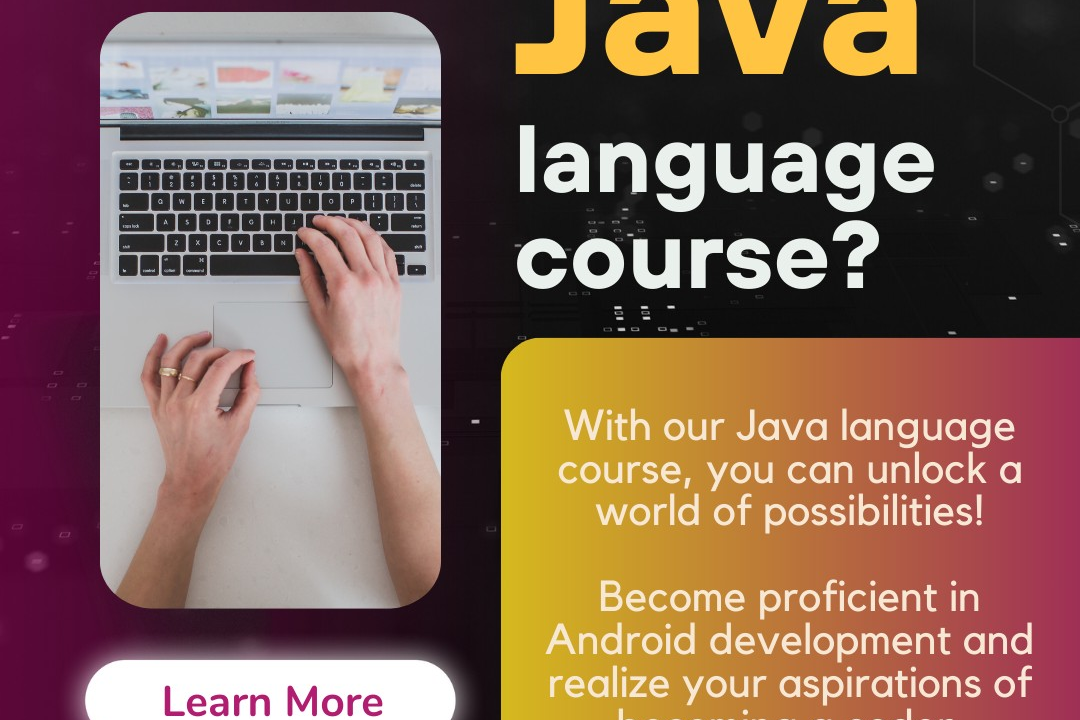Java And Digital Twins
Enhancing IoT Solutions with Java and Digital Twin Technology
Java And Digital Twins
Java is a versatile, high-level programming language known for its portability across platforms, thanks to the Java Virtual Machine (JVM), which allows developers to write code that runs on any device equipped with a JVM. Digital twins are virtual representations of physical objects, systems, or processes that leverage real-time data to simulate, predict, and optimize the performance of their physical counterparts. In the context of digital twins, Java can be used to develop applications that model, analyze, and visualize these digital representations, facilitating better decision-making in various industries, including manufacturing, healthcare, and urban planning. By integrating Java with IoT devices, organizations can create dynamic digital twins that continuously update and improve based on incoming data, ultimately enhancing operational efficiency and innovation.
To Download Our Brochure: https://www.justacademy.co/download-brochure-for-free
Message us for more information: +91 9987184296
1 - Introduction to Java: Java is a high level, object oriented programming language designed for portability across platforms. It follows the “Write Once, Run Anywhere” (WORA) principle.
2) Java Basics: Understanding the core syntax, data types, variables, operators, and control structures (if, for, while) is essential for starting with Java.
3) Object Oriented Programming (OOP): Java is based on OOP principles such as encapsulation, inheritance, and polymorphism. Students will learn how to create classes and objects.
4) Java Development Environment: Setting up Java Development Kit (JDK) and Integrated Development Environment (IDE) like Eclipse or IntelliJ IDEA. Students will become familiar with compiling and running Java applications.
5) Exception Handling: Introduces Java's error handling mechanisms to manage exceptions and errors, ensuring robustness in applications.
6) Java Collections Framework: Understanding data structures like lists, sets, and maps, which are crucial for storing and manipulating groups of objects.
7) Java Streams and Functional Programming: Learn about streams, lambda expressions, and functional interfaces that enable functional programming styles in Java.
8) Multithreading and Concurrency: Explore how Java handles concurrent programming with threads and synchronization, a vital skill for performance optimization.
9) Java Networking: Discuss how to create networked applications using Java's networking capabilities, which is vital for projects involving the Internet of Things (IoT).
10) Building Java Applications: Focus on software development practices including modular programming, design patterns, and unit testing frameworks like JUnit.
11) Java Frameworks: Introduction to common Java frameworks like Spring for building enterprise applications, which will be valuable in real world projects.
12) Java Database Connectivity (JDBC): Learn to connect Java applications to databases for CRUD operations, essential for data driven applications.
13) Java for Web Development: Look into Servlets, JSP, and frameworks like Spring MVC for building dynamic web applications.
14) Java and Cloud Computing: Discuss how Java applications can be deployed on cloud platforms and how it integrates with cloud services.
15) Industry Trends: Explore current trends in Java development including microservices architecture and the integration with modern DevOps practices.
Digital Twins
16) Introduction to Digital Twins: A digital twin is a virtual representation of a physical object or system. It is used for simulations, monitoring, and predictive maintenance.
17) Significance of Digital Twins: Understanding how digital twins can improve operational efficiency, reduce costs, and enhance decision making processes.
18) Components of Digital Twins: Explore the underlying components including IoT sensors, data analytics, and simulation models that make up a digital twin system.
19) Applications of Digital Twins: Discuss use cases in various industries such as manufacturing, smart cities, healthcare, and automotive sectors.
20) Data Acquisition: Understand the importance of real time data collection through IoT devices and their role in keeping digital twins up to date.
21) Modeling and Simulation: Learn about creating accurate models to simulate real world behaviors of the physical twin, allowing for predictive analytics.
22) Data Analysis Techniques: Explore techniques used to analyze data from digital twins, including machine learning and statistical methods.
23) Digital Twin Lifecycle: Examine the lifecycle of a digital twin, from its creation (data input) to its operational phase (monitoring and adaptation).
24) Integration with Other Technologies: Learn how digital twins interact with other technologies like Artificial Intelligence (AI), Augmented Reality (AR), and virtual reality (VR).
25) Security and Privacy Considerations: Discuss the importance of security measures when dealing with sensitive data in digital twins and protecting against cyber threats.
26) Challenges in Implementing Digital Twins: Identify common hurdles organizations face during the development and implementation of digital twin technology.
27) Future of Digital Twins: Explore upcoming trends such as the convergence of digital twins with blockchain technology and their impact on future innovations.
28) Case Studies: Review real world implementations of digital twins in various industries to understand practical applications and best practices.
29) Hands On Projects: Engage students in hands on projects where they can implement their own digital twin applications using Java and relevant technologies.
30) Career Opportunities: Discuss the career paths and opportunities available in the field of digital twins and how Java skills can enhance employability.
This structure outlines a well rounded training program that covers both the fundamentals of Java and the emerging concept of digital twins. Each point is designed to build on the previous topics, providing students with comprehensive knowledge and practical skills.
Browse our course links : https://www.justacademy.co/all-courses
To Join our FREE DEMO Session: Click Here
Contact Us for more info:
- Message us on Whatsapp: +91 9987184296
- Email id: info@justacademy.co












